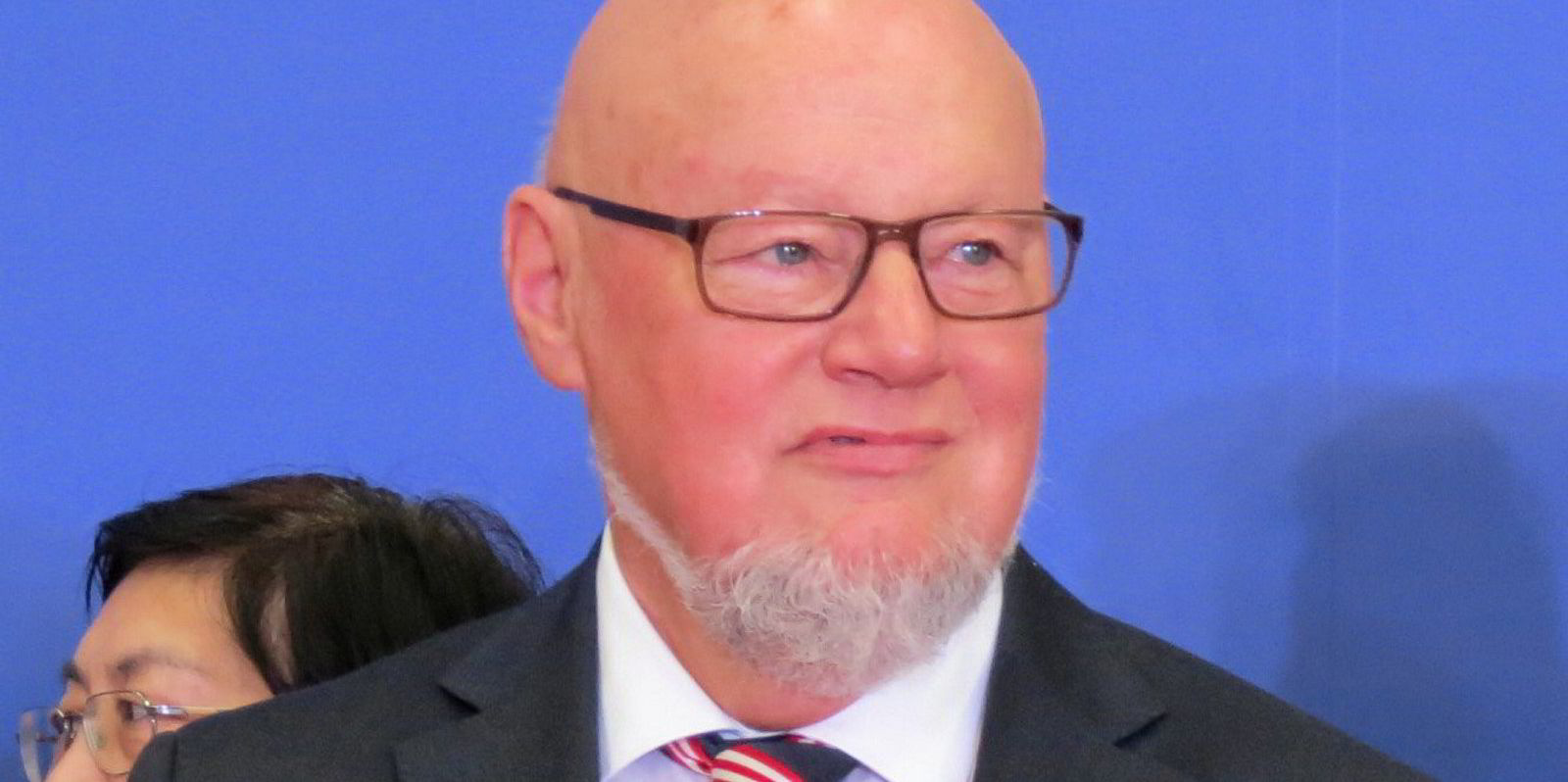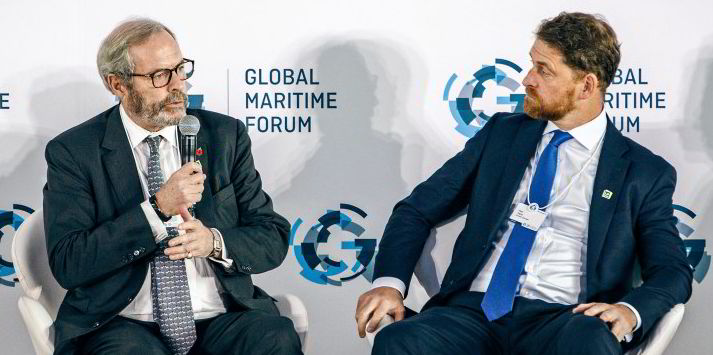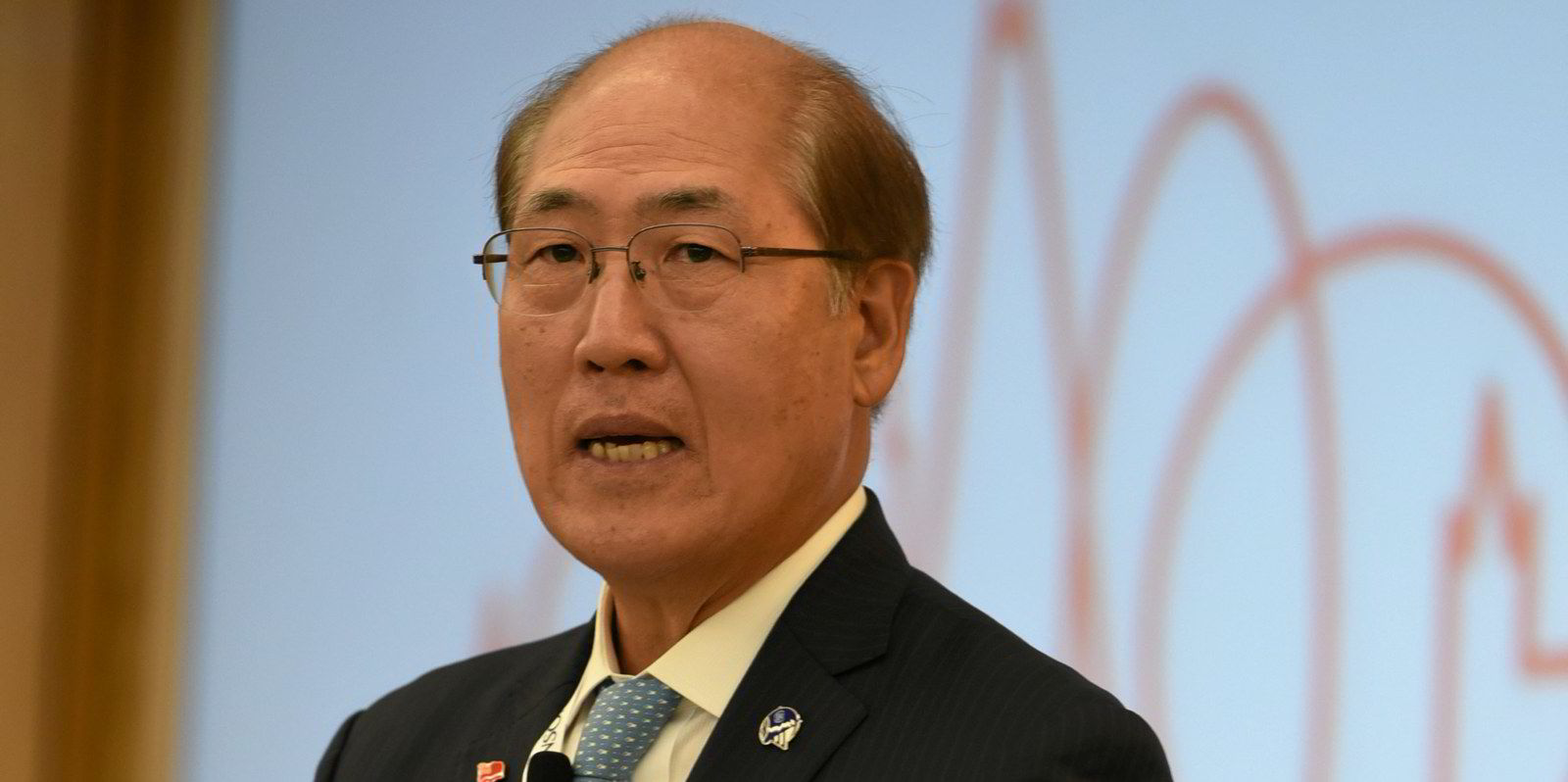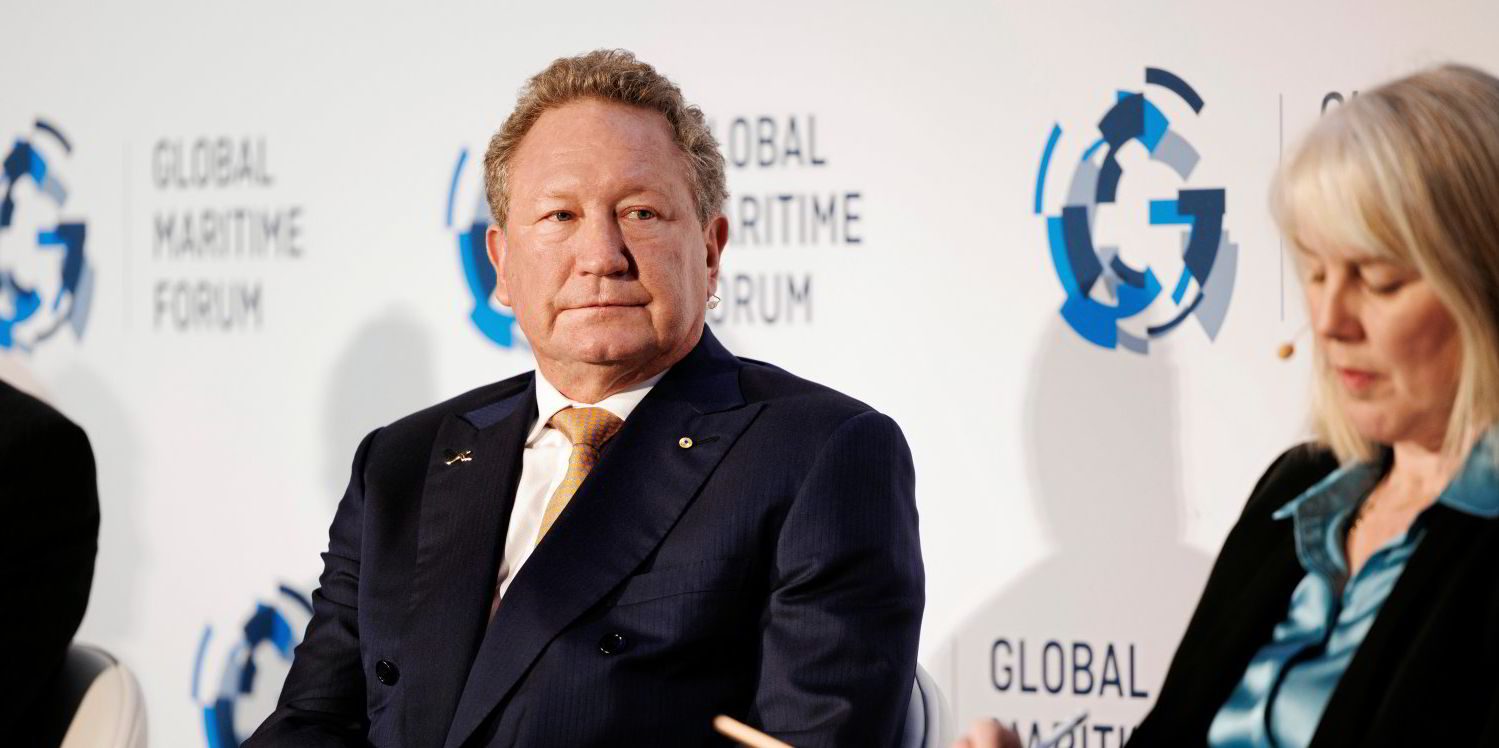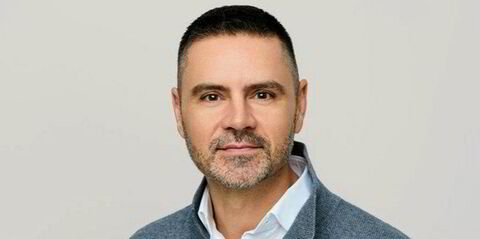German shipowners have joined the growing push by major sections of the shipping industry to press for zero emissions by 2050 during the COP26 global climate talks in Glasgow.
The German Shipowners' Association (VDR), which represents one of the world's largest containership fleets, said it was joining the International Chamber of Shipping (ICS) in urgently calling for a significant tightening of shipping's climate targets.
"Our industry aims to be climate-neutral already by 2050," said Alfred Hartmann, president of the VDR.
Last month, the ICS submitted a proposal to the International Maritime Organization to deliver net-zero carbon emissions by 2050, which will be discussed by the 175 member states at the MEPC77 meeting after COP26. The VDR is one of the largest members of the ICS.
Currently, the IMO has only committed to cut emissions by 50% by 2050 from 2008 levels.
Pressure is growing across the wider business world to commit to net zero by 2050, with 450 financial institutions from 45 countries agreeing this week to similar goals to keep global heating to 1.5C.
"German shipowners have an important and leading role to play in maritime climate protection. They want to lead by example, we therefore not only support the tightening of the climate targets for shipping, but have also had a hand in defining this milestone ourselves," Hartmann said.
Climate protection can no longer be postponed, he added. "We hope that all parties along the maritime transport chain, but especially the IMO member states, will lend us their full support with this major challenge."
Hartmann said the call to the IMO is an unambiguous signal that the shipping industry wants to proactively pick up the pace.
But the VDR president stressed that optimising the operation of ships will not suffice to achieve climate neutrality, but a revolution in fuels is needed.
"The problem fundamentally isn't the engine; it's the fuel," he said, and the notion that phasing out combustion engines is not feasible as battery or fuel cell propulsion systems could only be used for services near coastlines and not long voyages.
Hartmann added that it remains an open question whether methanol, ammonia or other fuels produced from green hydrogen will power ships in the future, and said "all players along the logistics chain must be held accountable. Focusing exclusively on the ship will miss the point".
Support from the IMO, the European Union and the new federal government in Germany were also essential, he added.
